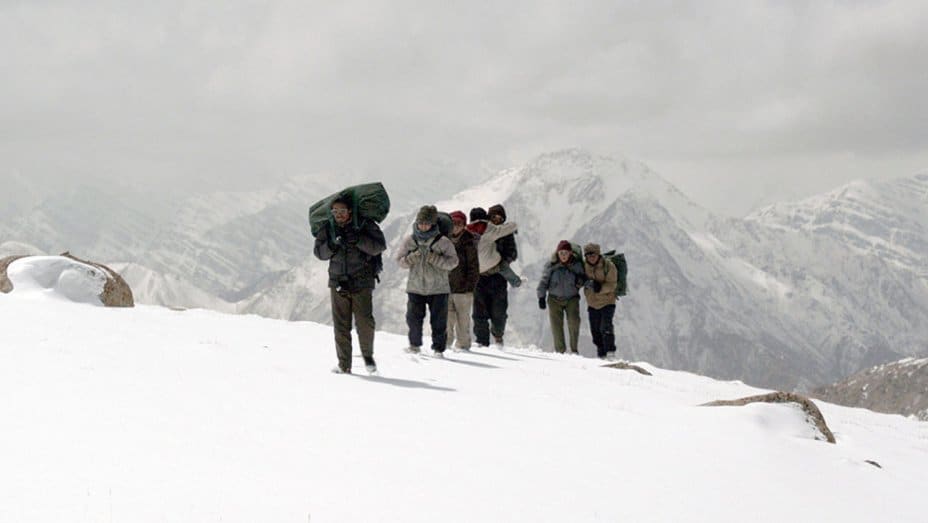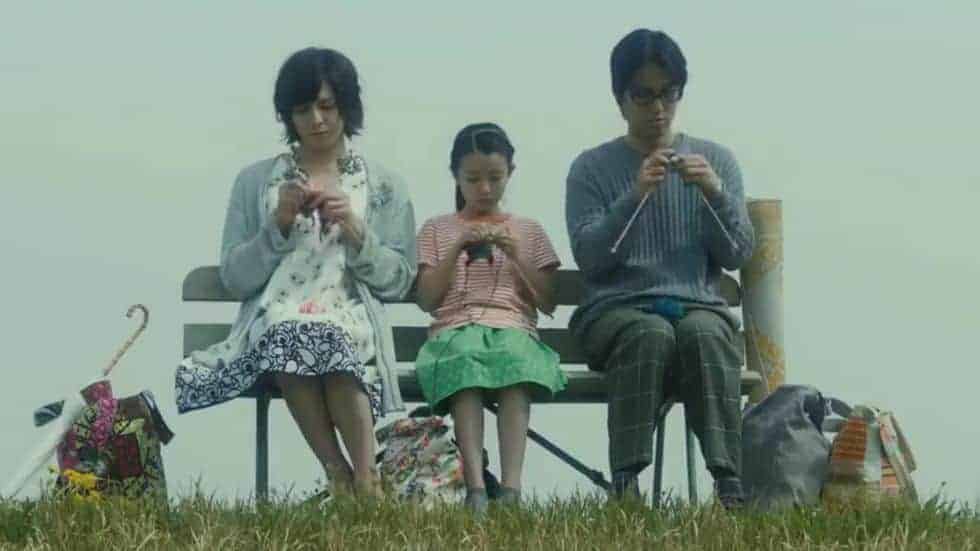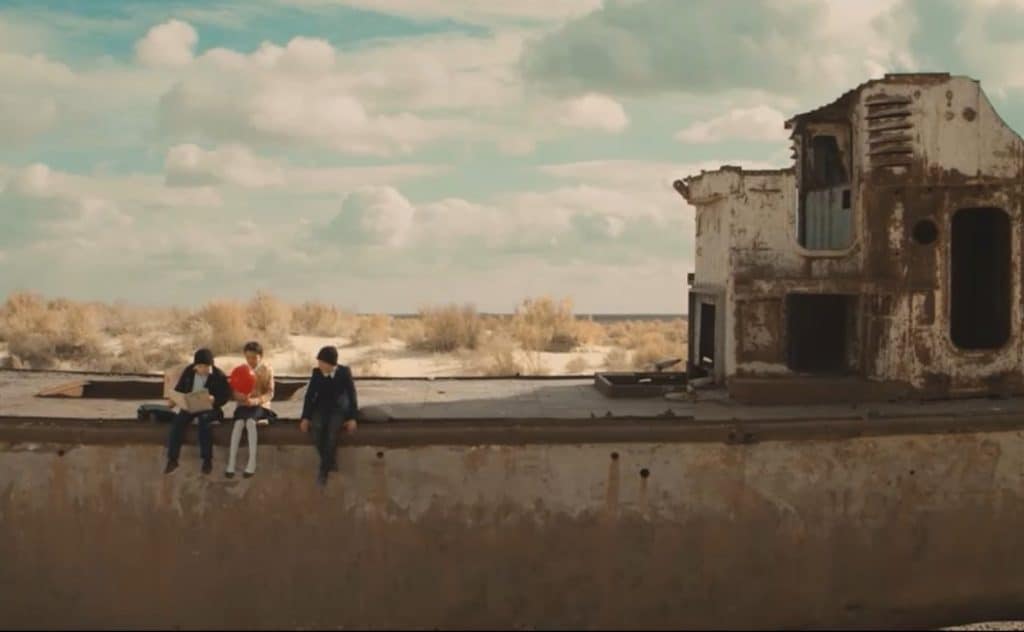The sophomore fiction of documentarist husband-and-wife duo Tenzig Sonam and Ritu Sarin is a compelling drama that unfolds in the private lives of the characters but that is also very much rooted in the political contest of the Tibet – China conflict. Ten Years after their first feature “Dreaming Lhasa”, “The Sweet Requiem” premiered at the Toronto International Film Festival – the first of a long list of Festival entries – and for its nature could be able to jump out of the festival circuit onto a distribution in theatres.
“The Sweet Requiem” is screening at Ulju Mountain Film Festival 2019

The opening scene takes us straight to the Himalaya. On a majestic, white plateau a small group of people – including a little girl – is marching with great difficulty on the snow, when a gun-shot breaks the silent; one man is down. Then the film cuts immediately on Dolkar (Tenzin Dolker), a young independent woman from Tibet, living and working in North Delhi. She has good friends, a job, some hobbies, a seemingly normal life, but she is also an activist working with Dorjee (Shavo Dorjee) for a human rights organization addressing the plight of Tibetan refugee community in India. Her happy façade leaves space sometimes to a vein of sadness and frustration in her problematic communications with her mum and sister, back in Tibet, plagued by the often-unavailable phone connection.
One day a new refugee who's fleeing security forces in Lhasa being accused of anti-Chinese activities arrives in town and is assisted by the organization Dolkar and Dorjee volunteer for. Dolkar immediately recognizes him; he is Gompo (Jampa Kalsang Tamang), a Nepalese guide who, many years earlier, had accepted to help Dolkar's father and friends to cross the board and – at the last minute – had abandoned them to a dramatic destiny. A flood of repressed memories and anger resurfaces in Dolkar's consciousness and through a series of flashbacks we start to understand and sympathise with the young woman.

At the same time, two Chinese spies are after Gompo, threatening to harm his wife left in China and Dolkar is tormented by her personal grief and an avenging instinct to unmask him as a traitor. But truth can indeed be different from what we have constructed in our memory through the pain, and Dolkar will have to re-built a past that was informed only by her own despair.
Sonam and Sarin's feature is characterised by many contrasting elements; the most evident is the visual one. The wild landscape of the Himalayan range (filmed in the region of Ladakh) in Dolkar's flashbacks, barren and cold, strikes against the colourful, warm and crowded backdrop of her life in Delhi. However the warmth of the Indian setting clashes also with the muted sorrow of the Tibetan community and provides little solace to people that has been separated from their families and forced to leave their own country.
In striking contrast is also the whole safe castle of memories and believes that Dolkar has constructed around her, and the reality, whose shades of pain are more difficult to accept and comprehend than pure evil. Anger and resentment have shaped her life and her political choices and forgiveness can be very unsettling.

Although the story of “The Sweet Requiem” is indeed very intimate and personal to the protagonists, it is at the same time intrinsically political, even if in an understated way. A sense of longing and incurable sadness imbues the whole film, suggesting that none of it would have happened in a different political contest. The slight karmic fatalism of Dolkar's and Gompo's destinies transcends and sips into the theme of their land's on-going diaspora, giving the movie a far-reaching and comprehensive effect.
In her first acting job, Tenzin Dolker is remarkably professional inhabiting Dolkar's skin; it is a challenging role, considering the significant evolution of the character's feelings in the arc of the story. At her side, seasoned actor Jampa Kalsang Tamang, with his captivating natural features invests Gompo with a very humane vulnerability. It comes without saying that the experience in documentaries of the two directors makes the film not only visually striking but also very atmospheric, capturing the pulse of both the wild mountain set and the buzzy urban location.
Sonam and Sarin have placed heart and measure in their work, obtaining a moving yet assertive work on identity and exile.















